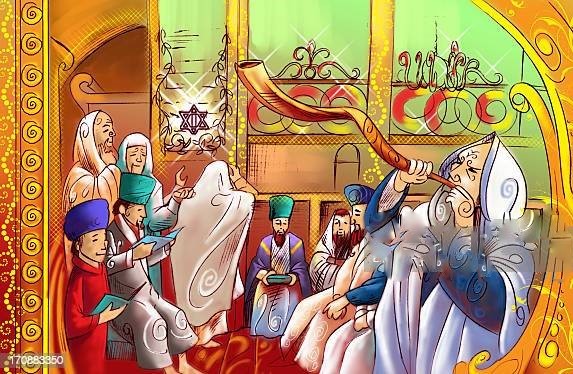📖 SATURDAY PRAYER: HOD-YESHIVAT HAVERIM יְשִׁיבָה חברים – BABYLONIAN TALMUD p170

READING: BETWEEN MIDNIGHT AND DAWN OF SATURDAY
The rabbis taught: One who carries two hairs from the tail of a horse or a cow is culpable,
because the hairs are always preserved for making nets. The prescribed quantity for hog bristles
is only one; for willows (used for wickerwork) two; for tree-bark 1 one strip.
“R. Jehudah says: A locust (which must not be eaten),” etc. Why did not the first Tana of the
Mishna mention this? Because in his opinion it is forbidden to carry it even on week-days, lest
one eat it. If such is the case, why should an eatable locust be allowed to be carried? Did not R.
Kahana stand before Rabh and a small locust lighted on his lips: Rabh said to him. (R. Kahana),
Take it away, lest people say that thou hast eaten it and thou hast violated the commandment
[Leviticus, xi. 43]: “Ye shall not make yourselves abominable with any creeping thing that
creepeth”? Nay; there was no fear that the locust would be eaten alive, but they apprehended lest
it die and then be eaten. (An eatable locust would not matter, but an uneatable locust would be a
violation of the law.) If that is the case, why does R. Jehudah permit this? R. Jehudah holds that
there is no fear of the locust being eaten when dead, as the child will mourn its death.